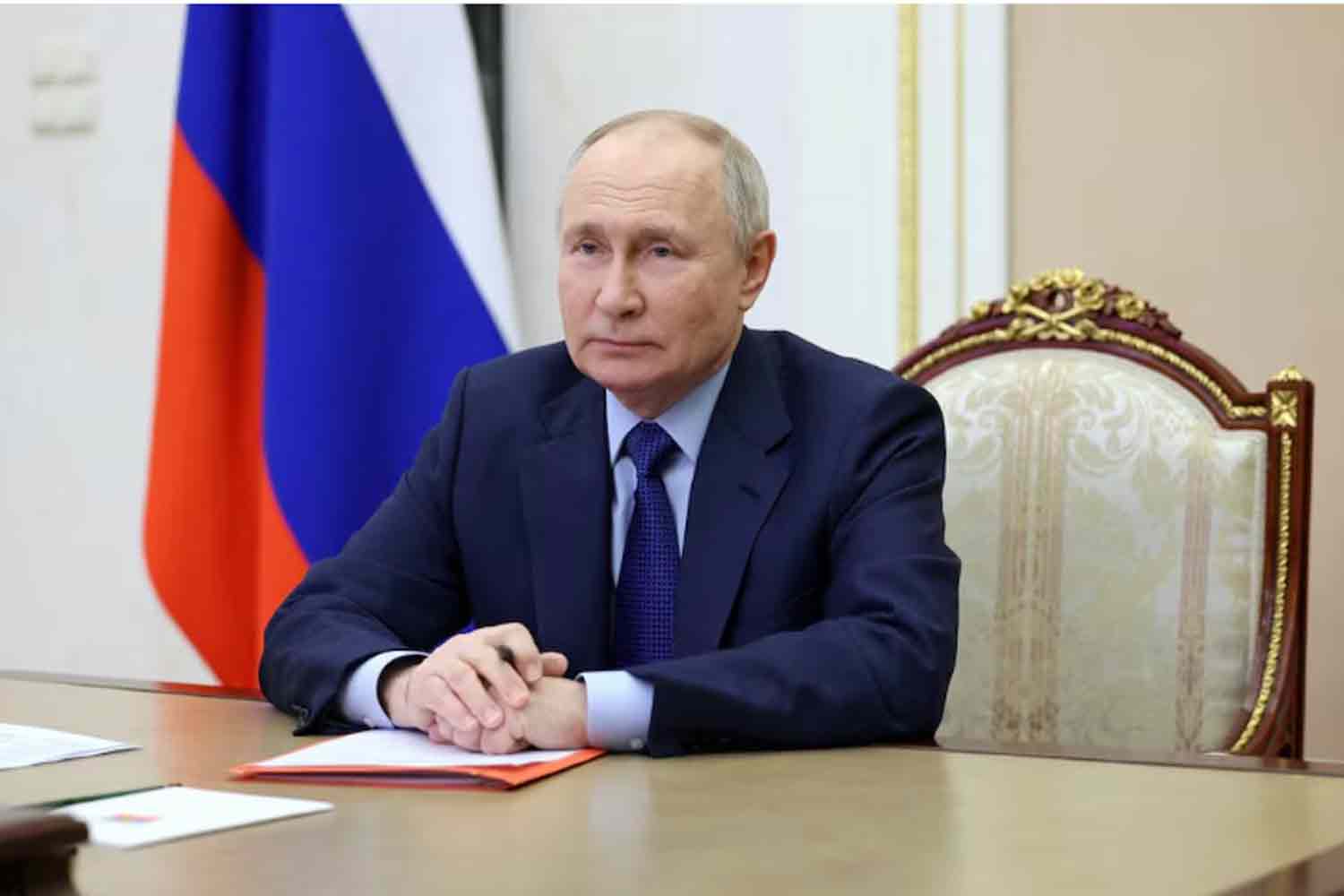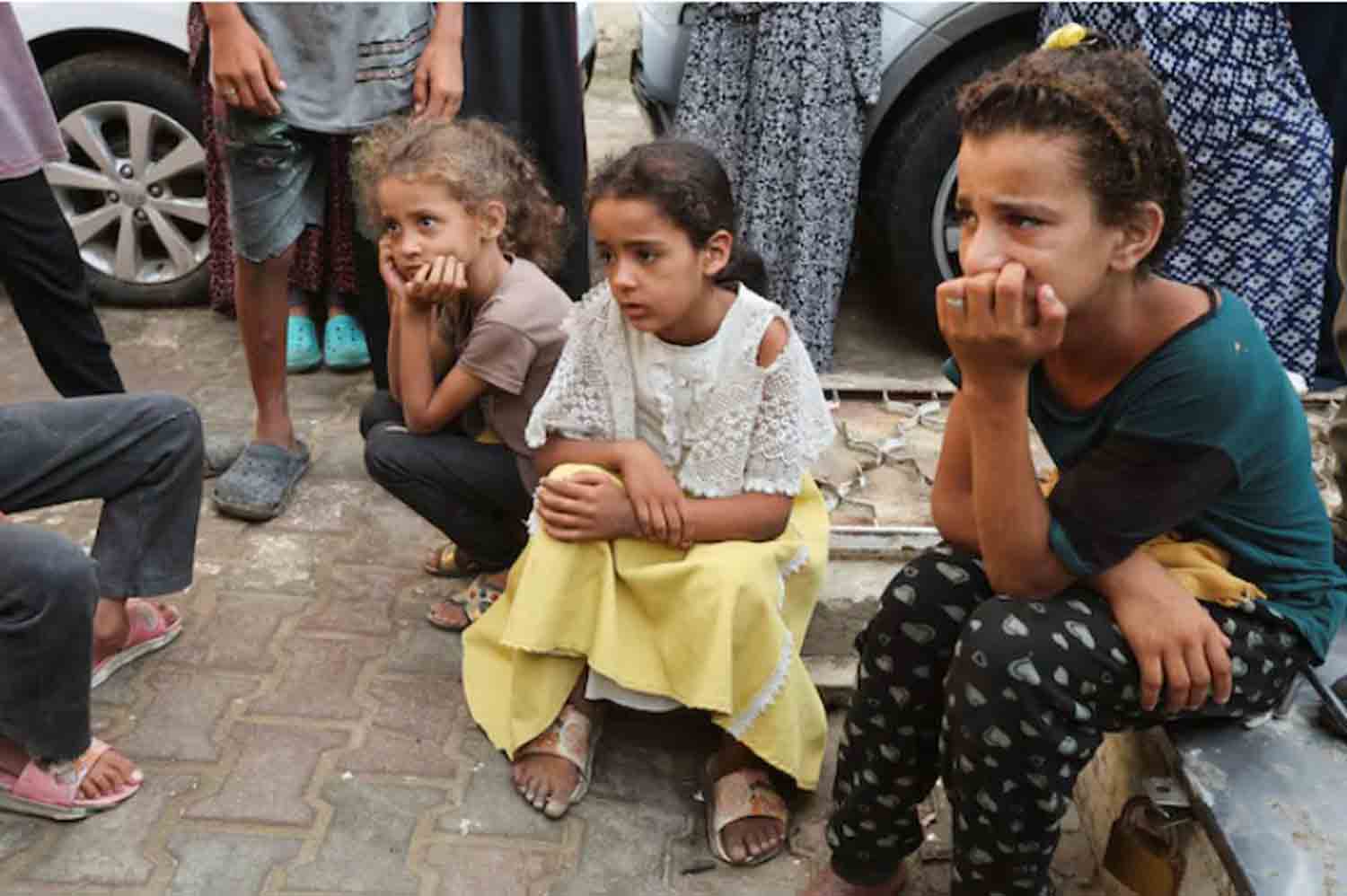When Donald Trump assumed the presidency of the United States following his victory in the 2016 election, there were expectations in Moscow that the businessman-turned-politician would align more closely with Russia‘s interests.
However, the reality diverged from those expectations. Despite facing indictments of several associates over claims that the Kremlin attempted to influence the elections in his favor, Trump intensified sanctions against Russia and enhanced Ukraine’s military support with Javelin missiles after taking office.
Fast forward eight years, and with Trump winning the presidential race this week against Vice President Kamala Harris, the Kremlin’s response has been notably subdued.
While numerous global leaders—including French President Emmanuel Macron, Israeli Prime Minister Benjamin Netanyahu, NATO chief Mark Rutte, and Chinese President Xi Jinping—have extended their congratulations to Trump, Russian President Vladimir Putin has remained silent. This is a stark contrast to 2016, when Putin was among the first to congratulate Trump on his electoral success.
“We must remember that we are dealing with an unfriendly nation that is both directly and indirectly engaged in hostilities against our country,” stated Kremlin spokesman Dmitry Peskov during a press briefing on Wednesday morning.
Peskov stated that Putin does not intend to extend congratulations to Trump in the immediate future, opting instead to observe his actions once he assumes office.
“Once [in the Oval Office], statements can sometimes take on a different tone. That’s why we say we are carefully analysing everything, monitoring everything, and we will draw conclusions from specific words and concrete actions,” Peskov remarked.
In contrast, Ukrainian President Volodymyr Zelenskyy promptly congratulated Trump on his “impressive” victory.
Alexey Malinin, the Moscow-based founder of the Center for International Interaction and Cooperation and a member of the Digoria Expert Club, noted that Trump’s victory indicates that American voters prioritize domestic issues over global politics.
“However, it is clear that no one anticipates Trump to neglect foreign policy matters,” Malinin told Al Jazeera. “He has already declared that there will be no wars during his presidency, which suggests he may aim to resolve the conflicts in Ukraine and the Middle East.”
Malinin, however, warned against exaggerating the extent to which Trump could alter Washington’s foreign policy, even with a Republican majority in Congress. While Republicans have regained control of the US Senate, the outcomes for the House of Representatives remain uncertain.
“In my view, it is certainly premature to celebrate,” Malinin stated.
He contended that it would be “impossible” for Trump to unilaterally bring an end to the war in Ukraine. “Ending it through any form of coercion against Russia will not be feasible, and the conditions that we find acceptable may not align with the views of many Americans or several of Ukraine’s European backers. They might question, ‘So much money has already been invested. Is it truly all for nothing?’”
Malinin also expressed skepticism about Trump’s ability to broker peace in the Middle East, even if it meant further empowering Israel in its conflicts with Gaza and Lebanon.
Nevertheless, analysts noted that while the Kremlin recognizes it may not always agree with the next occupant of the White House, it might experience slightly more leeway with Trump compared to Harris, who was anticipated to persist in providing military support and funding to Ukraine.
Former President Dmitry Medvedev expressed on Telegram that Trump possesses a valuable trait: his deep-rooted aversion to spending money on unnecessary associates, misguided charitable initiatives, and greedy international organizations. He included “toxic Ukraine of Bandera” in this category, questioning how much pressure Trump will face to finance the war effort. Medvedev noted Trump’s stubbornness but emphasized that the system may ultimately prevail.
Medvedev’s comments referenced Stepan Bandera, a Ukrainian ultranationalist who collaborated with Nazi Germany during World War II and is regarded as a national hero in Ukraine.
Political consultant Ilya Gambashidze supported Medvedev’s views, describing Trump as an “excellent” businessman who prioritizes trade over conflict.
Gambashidze remarked to Al Jazeera that while some label Trump as pro-Russian or a “friend of Putin,” Russia does not require such a relationship. He asserted that Russia has no need for sympathy or assistance from Trump.
Gambashidze stated that it would be sufficient for him to concentrate on supporting the United States, particularly its economy and social issues. This would entail a transition from a confrontational stance with Russia to one characterized by constructive and pragmatic engagement. “We would advise Trump to prioritize trade over conflict, and everything will turn out well.”
However, uncertainties surrounding Trump’s foreign policy strategy and the individuals who will implement it could present challenges from Russia’s viewpoint.
Ilya Budraitskis, a Russian historian and social scientist currently serving as a visiting scholar at the University of California, Berkeley, cautioned, “We are still uncertain about who Trump will appoint to lead foreign policy.”
He noted that while Vice President-elect JD Vance may be open to making certain concessions to Moscow concerning Ukraine, a figure like Nikki Haley, who served as the UN Ambassador during Trump’s first term, has adopted a much tougher position on Russia.
Budraitskis also emphasized that Trump’s relationships with Russia’s allies, particularly China and Iran, will have significant implications for Moscow.
It is essential to consider the broader context. Trump views China as his primary strategic rival and has signaled a willingness to adopt a more assertive stance towards Iran.
Discover more from Defence Talks | Defense News Hub, Military Updates, Security Insights
Subscribe to get the latest posts sent to your email.





